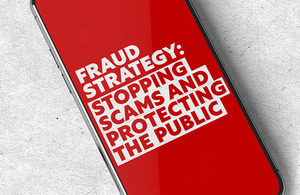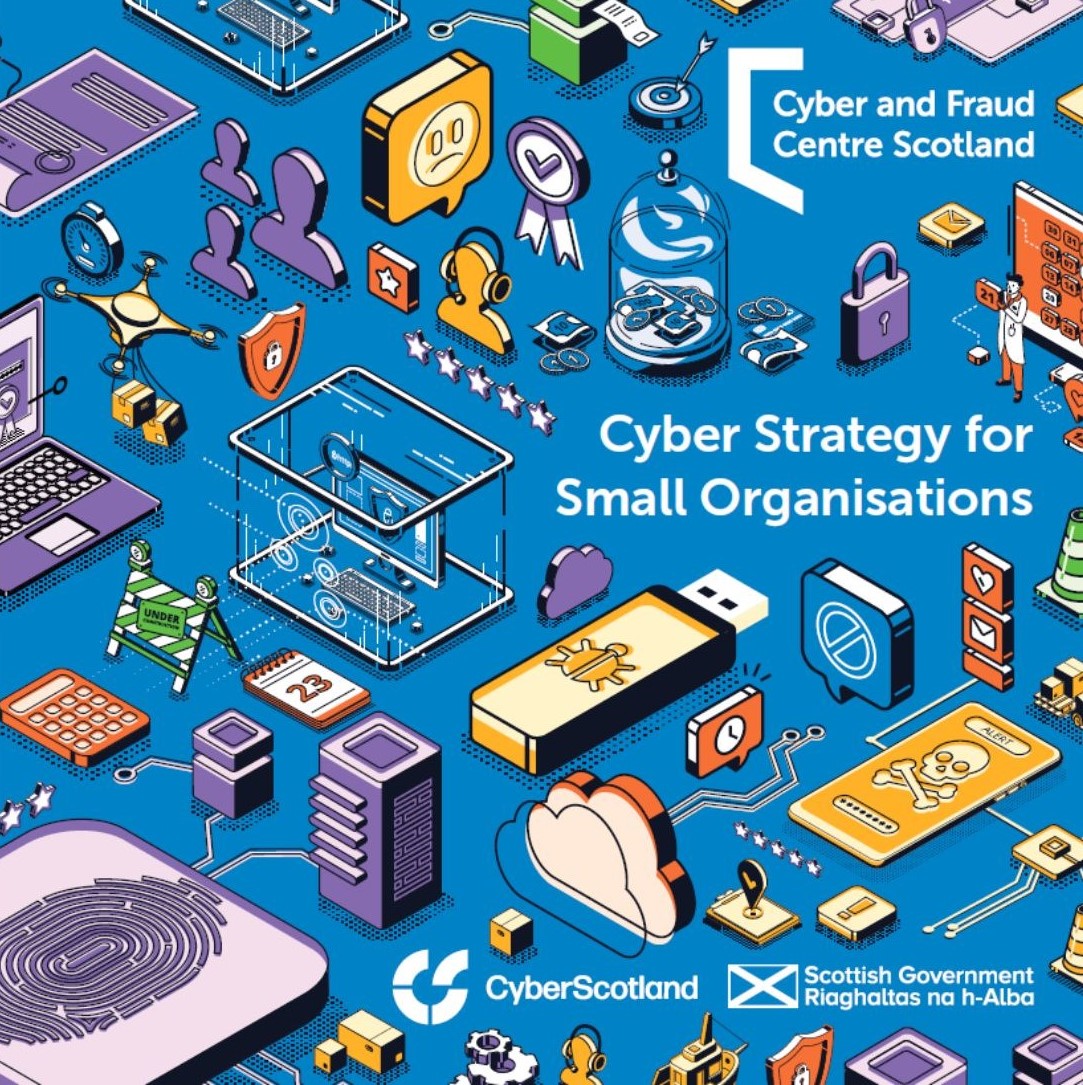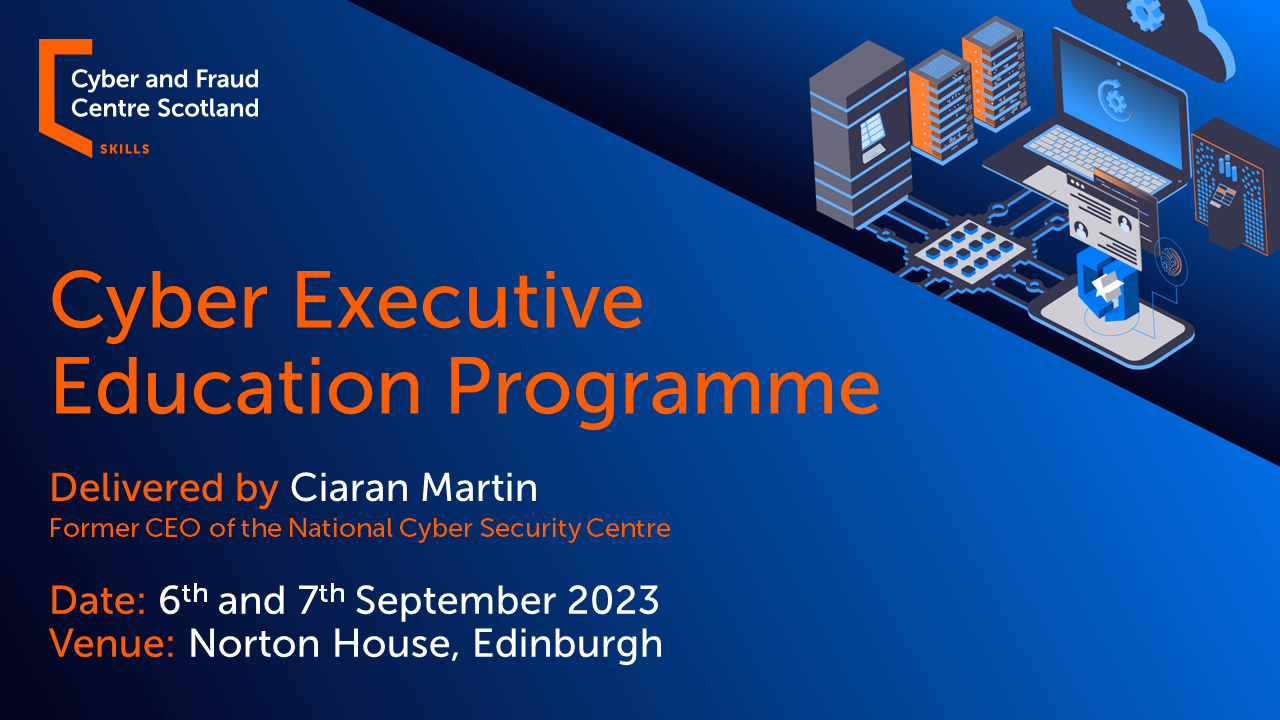CATEGORIES
CyberScotland BulletinsThe CyberScotland Bulletin is designed to provide you with information about the latest threats, scams, news and updates covering cyber security and cyber resilience topics. We hope you continue to benefit from this resource and we ask that you circulate this information to your networks, adapting where you see fit. Please ensure you only take information from trusted sources.
If there are any cyber-related terms you do not understand, you can look them up in the NCSC Glossary.
Please subscribe to our CyberScotland mailing list to be notified by email when a new bulletin is published.
Keep up to date on social media, follow us on Twitter and LinkedIn.
CYBERUK 2023
CYBERUK 2023, the UK’s flagship cyber security event run by the NCSC was successfully held in Belfast on the 19-20 April. The theme for 2023 was securing an open and resilient digital future.
The event examined how today’s cyber ecosystem – a sector worth £10 billion to the UK economy – can strengthen, join together and innovate in order to resist the threats, be ready for the opportunities and keep the UK the safest place to live and work online.
In her closing remarks NCSC CEO Lindy Cameron said “We’ve had fascinating speeches & panel discussions, opportunities to meet new people & connect with new contacts. What makes this event is having you here, making those conversations about how to make the future better. Thanks to all of you. For coming, both in-person and online. It’s been really special to be here in Belfast and I hope you’ve enjoyed it as much as me. As is tradition, we’re pleased to announce the location for #CYBERUK24: Birmingham. Safe home and thank you for the craic.”
Head over to the official CYBERUK YouTube page here to find exclusive videos and interviews between Lindy Cameron and Jen Easterly, Hermann Hauser and many more.

Trending topics
Microsoft users are being targeted by scammers with ‘storage full’ emails
If you use Microsoft and you’ve received emails warning you that your storage is full, it’s worth double-checking that they’re legitimate. Scam emails have been seen that will try to trick you into giving away personal data through a phishing email impersonating Microsoft to get more storage.
Any suspicious emails should be forwarded to report@phishing.gov.uk, where they will be investigated by the National Cyber Security Centre (NCSC). Scam websites can also be reported to the NCSC on its website.
To report scam emails on a Microsoft account, click on the three dots in the top right-hand corner of the email, select ‘Report’ and then ‘Report phishing’.
Read more about it here: Scammers are targeting Microsoft users with ‘storage full’ emails


UK government’s new fraud strategy to ‘block scams at the source’
The government has stated that it is stepping forward in the fight against scammers, with it’s new Fraud Strategy, with action to block fraudulent communications at their source and allow suspect payments to be delayed.
Prime Minister Rishi Sunak stated that “Fraud now accounts for over 40% of crime. It costs us nearly £7 billion a year and we know these proceeds are funding organised crime and terror. What’s more, new technologies are making these scams easier to do and harder to police.
It’s time to take the fight to the scammers and fraudsters, and put an end to these crimes which can devastate lives and livelihoods within seconds.”
Among the many aspects of the new strategy, aiming to deliver a 10% cut in fraud on 2019 levels by December 2024, the government will:
- establish a new national fraud squad with over 400 new posts and make fraud a priority for the police
- deploy the UK intelligence community and lead a new global partnership to relentlessly pursue fraudsters wherever they are in the world
- ban SIM farms which are used by criminals to send thousands of scam texts at once
- ban cold calls on financial products so fraudsters cannot dupe people into buying fake investments
- stop fraudsters from being able to send mass text messages by requiring mass texting services to be registered, subject to a rapid review
For more information on the Fraud Strategy click here
The full document is available here: Tackling fraud and rebuilding
Microsoft aims to get more women into cyber security
Microsoft is expanding their cyber security skills initiative to the United Kingdom, Chile, Indonesia, and Spain, and delivering grants to nonprofits to help skill people for the cyber security workforce.
The demand for cyber security skills has grown by an average of 35% over the past year, while the volume of cyber attacks has increased by 74% in just one year. Women make up only 25% of the global cyber security workforce, so Microsoft is launching new partnerships with organizations focused on skilling women in cyber security.
That is why they are launching a series of new partnerships with organizations focused on skills education for women in cyber security.
Read more about it here

Scottish Computing Science Week presents opportunities for focusing on cyber security
Put a hold in your planner for the week of the 15th May 2023 and join CSscot23 for exciting interactive live computing science lessons. Below is the exciting offering for CSscot23 but remember to keep your eyes peeled for more updates and details as they release them (everything will be added here)!
Let them know what you’re planning to join or anything you’re planning in your own setting on twitter @digilearnscot #CSscot23
To see the range of sessions and sign up click here












